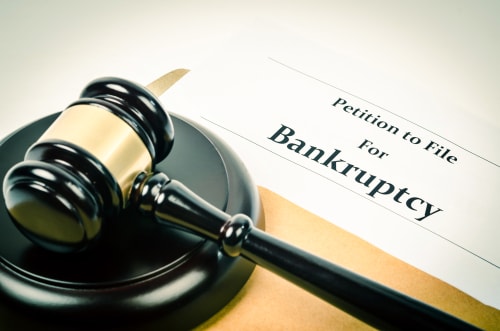
Alabama is among just two states that aren’t members of the Department of Justice’s U.S. trustee program, which includes the majority of states. Under this state, a bankruptcy administrator is in charge of managing a group of private trustees and keeping an eye on the progress of bankruptcy cases. In Alabama, people can turn to bankruptcy lawyers at the Harris Firm, LLC for assistance in protecting their financial interests. A bankruptcy trustee can assist you in ensuring that you get the most comprehensive discharge of your consumer obligations.
Role of bankruptcy trustees:
Private trustees assume significant responsibilities to ensure that your case is successfully carried out so that your creditors are compensated to the greatest degree possible. The trustees’ work is supervised by the administrator. The bankruptcy administrator carries out several duties that trustees in the states that make use of the U.S. trustee program carry out.
When you file for bankruptcy, an “estate” is established, which momentarily takes ownership of your possessions. The bankruptcy trustee will submit paperwork indicating there are no assets and there is going to be no distribution of the bankruptcy estate to any of the financial creditors after all of your assets are exempt in Alabama or covered by legal creditor liens. The trustee will make an effort to sell the nonexempt assets and divide the sale profits between as many of your creditors as possible as per their respective claims. The trustee’s main responsibility is to maximize the return to your unsecured creditors by selling off any nonexempt assets in the estate.
Trustee’s role in chapter 13 cases:
During a time frame ranging from three to five years, you pay off the debt every month (or based on how frequently you get paid). The bankruptcy trustee in a Chapter 13 case is in the position of collecting the payments you make following your debt repayment plan. Following the rules of your Chapter 13 debt repayment plan, the trustee then distributes the monthly payment to your creditors. The trustee also helps debtors with their repayment arrangements, represents them in court when necessary, and updates the bankruptcy administrator on your case’s developments.
In Chapter 13 cases, the trustee’s duties include reviewing and administering the Chapter 13 plan and distributing payments to creditors. The Chapter 13 trustee collects a percentage of funds paid through the plan and remains on the case as long as it is active.
Although it does not happen in most cases, trustees can raise objections to the debtor’s exemptions, file motions, and take other actions against the debtor. However, they do not have the final say. The bankruptcy judge is the final decision maker in all cases. If a bankruptcy trustee makes a decision with which the debtor disagrees, and a negotiated settlement cannot be reached, the debtor can take the matter up with the judge.
Final thoughts:
In Alabama, a bankruptcy trustee can have a big impact on the number of your possessions you keep and the kinds of lifestyle adjustments you’ll need to make as a consequence of reorganizing your finances. A skilled bankruptcy attorney can cooperate with a trustee to ensure that you get the best discharge possible while also having your other interests safeguarded.

Crafting words to inspire, engage and motivate. 10+ years of content writing, SEO, digital marketing and blogging experience. Ready to help your brand reach its potential!

